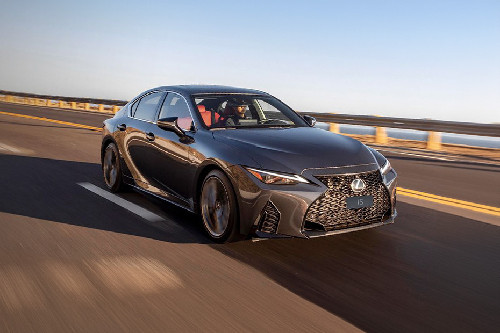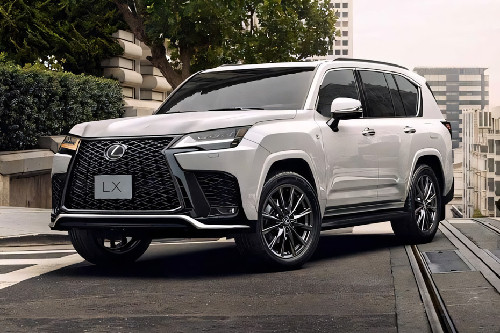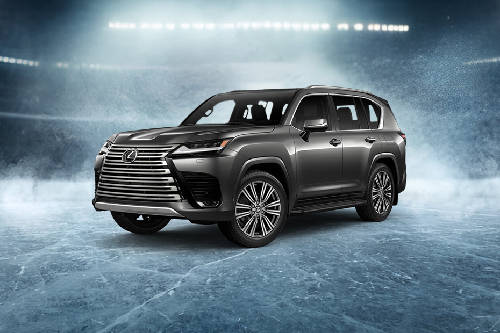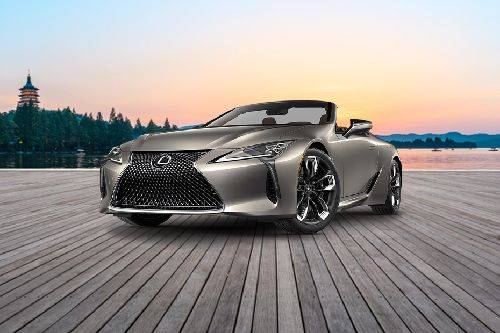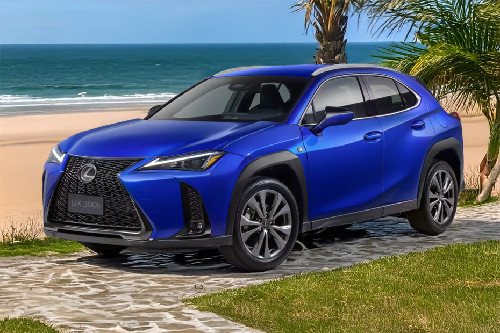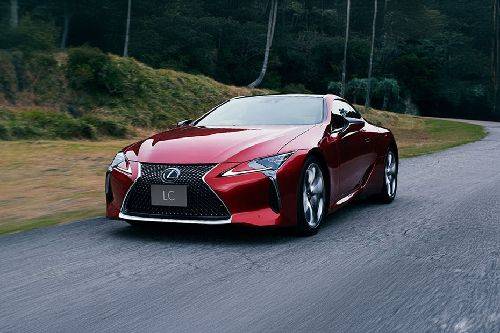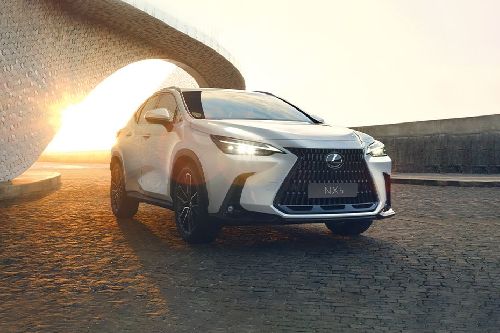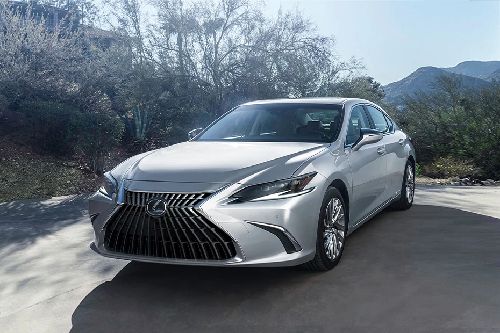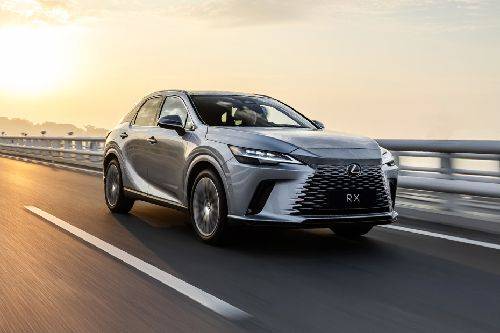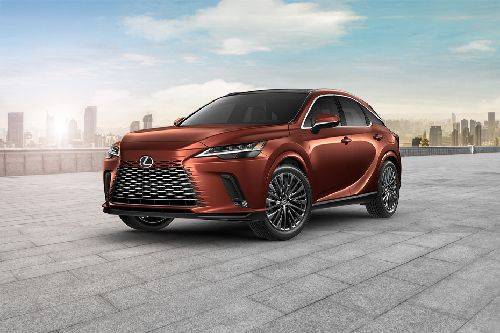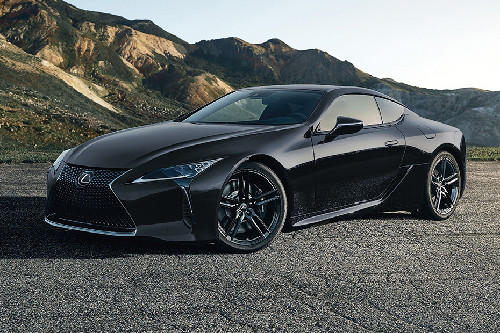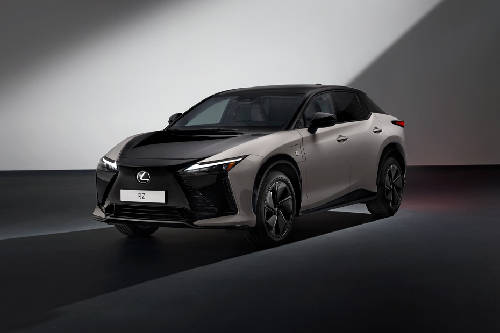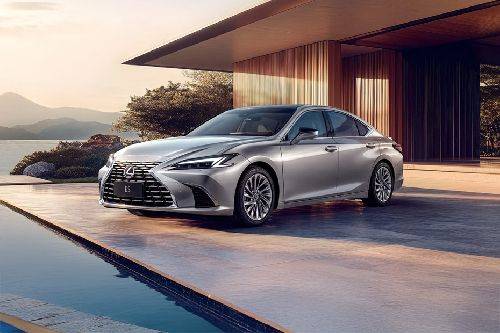GCC vs Non-GCC Spec Cars in Dubai: Key Differences and How to Choose

Dubai: A simple guide to GCC-spec and non-GCC cars in Dubai, what sets them apart, and how to pick the right car for long-term value and low risk.
KEY TAKEAWAYS
What are the benefits of buying a GCC-spec car?
GCC-spec cars are designed for the local climate, offering enhanced cooling systems, better air conditioning, and corrosion protection, making them more reliable and durable in the UAE's harsh environment.What are the risks of buying a non-GCC car?
Non-GCC cars may lack heavy-duty cooling systems, leading to overheating issues, and may have limited parts availability, making maintenance more challenging and costly.- GCC spec cars are built for Gulf heat, sand and fuel standards.
- Non-GCC imports may be cheaper but can face service and parts gaps.
- Choose GCC spec for long ownership; consider non-GCC only with checks.
Buying a car in Dubai often brings up the terms "GCC spec" and "non-GCC spec". These labels tell you where a car was made for and how it was set up. Knowing the difference helps you avoid extra costs, parts issues and resale loss.
What GCC spec means?
A GCC spec car is made for Gulf markets: UAE, Saudi Arabia, Oman, Kuwait, Qatar and Bahrain. Makers tune cooling, air-conditioning, engine maps and materials to cope with high heat and dusty roads.
That means stronger radiators, tougher AC systems and filters that stop sand. Dealers fit parts that match local fuel and weather.
How non-GCC cars differ
Non-GCC cars come from markets like Europe, the US or Japan. They may lack the heavy-duty cooling or desert trims. In mild climates they work fine, but in Dubai’s heat they can run hotter or use parts faster. Also, some models may have different wiring, lights or emissions gear that needs change to pass local checks.
Key differences at a glance
- Climate fit: GCC spec has stronger AC and cooling; non-GCC may overheat.
- Parts access: GCC spec parts are easy to find; non-GCC may need imports.
- Resale value: GCC spec cars usually get higher resale prices in UAE.
- Price: Non-GCC imports are often cheaper to buy at first.
- Service fit: Local dealers support GCC spec models better for warranty work.
- Fuel and tuning: GCC engines are set up for local fuel grades.
How this affects upkeep and cost
A non-GCC car can save you money at purchase, but upkeep may cost more. If parts must be shipped, repairs take longer and may cost extra.
Also, non-GCC cars can lose value faster when you sell. For long-term use, GCC spec usually wins on total cost of ownership.
What to check before you buy
If you look at a non-GCC car, check service history, get a full mechanical test, and ask about part availability. Make sure the AC, radiator and fuel system are in good shape.
For GCC spec cars, ask for full dealer records and any warranty transfers. Also confirm the vehicle passed local RTA or customs checks if it was imported.
Best pick by buyer type
For long-term owners or families, GCC spec is usually the safer pick for peace of mind and easier service. If you plan short ownership or have a tight budget, a well-checked non-GCC model can work, but only with a thorough inspection and clear parts plan.
Choosing GCC spec or non-GCC is a trade-off between upfront price and long-term peace. In Dubai, where heat and sand stress a car, GCC spec usually gives better reliability, ease of service and resale.
If you pick a non-GCC car, do your homework, verify parts sources and use an expert check to avoid surprises.
Lexus Car Models
Automotive News and Reviews
- Latest
- Popular
You might also be interested in
- News
- Featured Stories
Featured Car
- Latest
- Upcoming
- Popular

